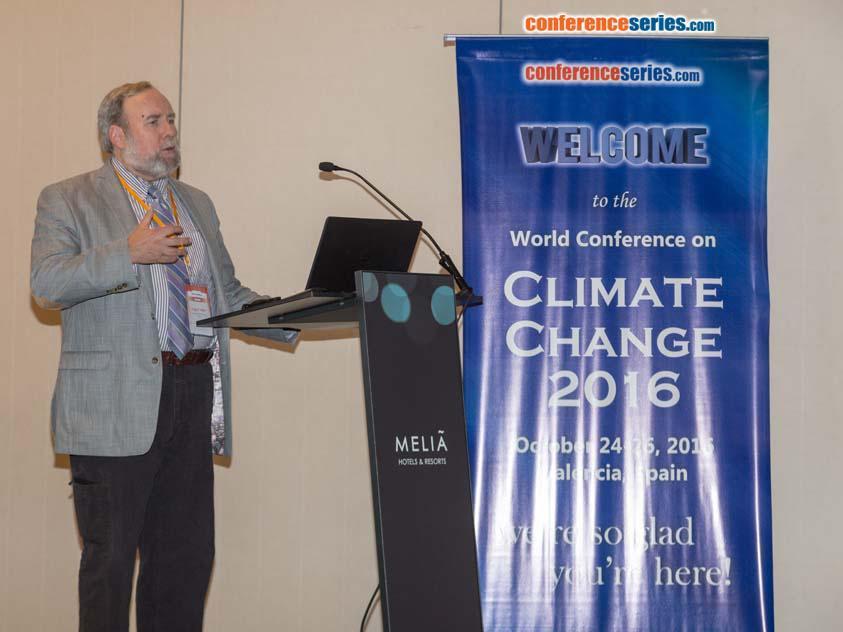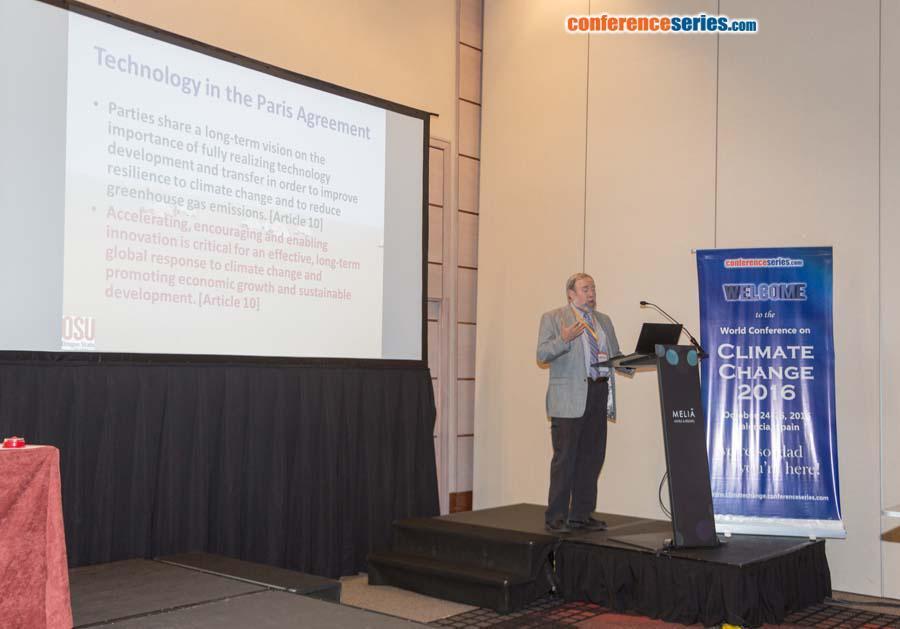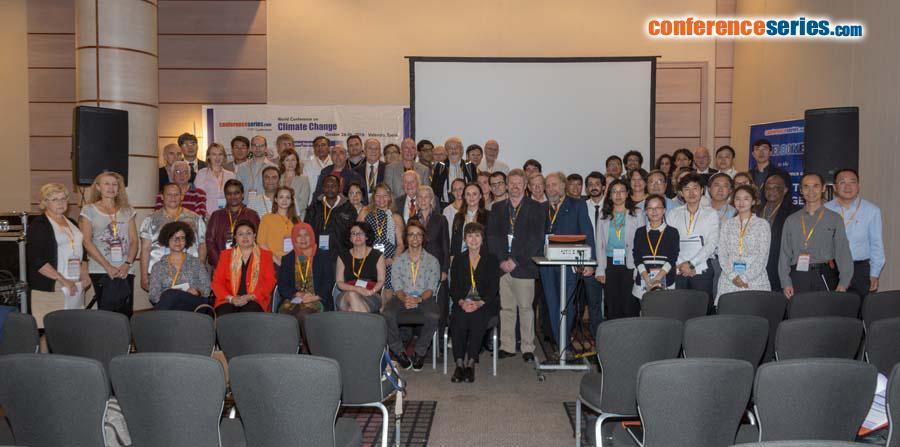
Gregg B. Walker
Oregon State University
USA
Title: Integrating the Technical and Human Dimensions of Climate Change: Communication, Culture, Conflict, and Collaboration
Biography
Biography: Gregg B. Walker
Abstract
Climate policies, such as those featured in the Paris Agreement, are grounded in the arenas of scientific and technical information. The reports of the Intergovernmental Panel on Climate Change (IPCC) emphasize, understandably, scientific and technical aspects of climate change. The United Nations Framework Convention on Climate Change (UNFCCC)includesa negotiating group, the Subsidiary Body for Scientific and Technical Advice (SBSTA), that, as its name states, addresses science and technology.
Climate science serves as the primary driver for climate policy; but climate policy becomes meaningful through climate practice. Consequently, climate science and climate practice together provide the essential foundation for efficacious climate policy. And the practices of climate change – the enactment of policies related to all aspects of climate change (e.g., mitigation, adaptation, finance, technology, capacity building) rely on human dimensions. The IPCC and UNFCCC have focused on scientific and technical aspects of climate change, but as climate policy turns to implementation, human dimensions become increasingly important.
This paper focuses on four human dimension “Cs” of climate change – factors that are critical to enacting sound climate policy – in practice. The four factors – communication, culture, conflict, and collaboration – should be addressed substantially for climate practice to achieve climate policy goals. The paper discussed these four “Cs” and illustrates their importance through an analysis of one mitigation-related area – REDD+; and one adaptation-related area – loss and damage. The essay contends that for climate policies to be effective in practice,the scientific/technical and human dimensions need attention and integration.
Speaker Presentations
Speaker PDFs
Speaker PPTs Click Here



